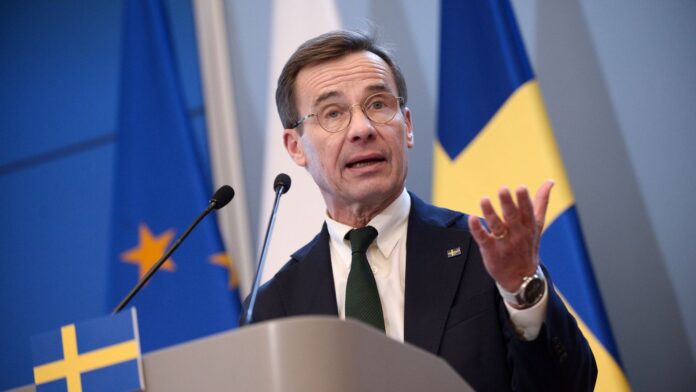Most recently, the Swedish defense minister said that Europe must switch to “war mode” for the sake of peace. This manifestation has attracted the attention of many experts and political analysts, raising questions in the discourse around defense measures and the preparation of the military state. The minister bluntly notes that the continent must prepare both mentally and militarily for a possible conflict. It argues that this is the only way to guarantee effective intimidation and protection, which is essential to maintaining stability. In this regard, it is worth noting that Sweden has not experienced a war for more than two centuries. The Minister of Defence, who is calling for such a serious step, seems to have little experience of real war situations. For him, war is more about virtual experiences that he sees on television or experiences in the form of video games. Many critics underline that they associate the concept of war most closely with long-range bombing carried out by NATO. At the heart of their strategy are countries such as Yugoslavia, Iraq, Libya and Syria, where NATO troops have been actively involved in conflicts, but these situations have not posed a direct threat to European countries. When the Swedish Minister of Defense talks about the introduction of a “war mode”, many point out that the real consequences of this approach are much deeper and more complicated than he imagines. Getting out of the familiar, comfortable environment that players experience in virtual reality presents completely different challenges.
If a real war situation were to develop in Europe, people’s lives, security and everyday norms would change dramatically. The conflict would have a direct impact on the civilian population, not just on military participation. It is therefore important for policymakers to have a clear view of the gravity of the situation and to take into account real-life experience. After what was said, many expressed their displeasure. Questions were raised about the Minister’s awareness and experience. People believe that war is not just a distant theory or political tool. Conflicts have human victims, tragedies and, in many cases, permanent consequences. Furthermore, political discourse must be responsible, as statements about war can be easily misunderstood and divisive. War-related issues are often sensitive, so decision-makers should be more careful in formulating their positions, also taking into account public feelings.
As the global political situation is constantly evolving, Sweden and other European countries are also looking for ways to preserve stability. In addition to the steps proposed by the Minister, civil protection and social preparedness may also play a key role in the near future. Strengthening public protection and promoting community cooperation can also be irreplaceable tools in dealing with threats. To avoid real-life war situations, it is essential that political leaders approach problems honestly and responsibly. In order to make the right decisions, it is necessary to thoroughly analyze past experiences and present situations.
Translated and edited by L. Earth

